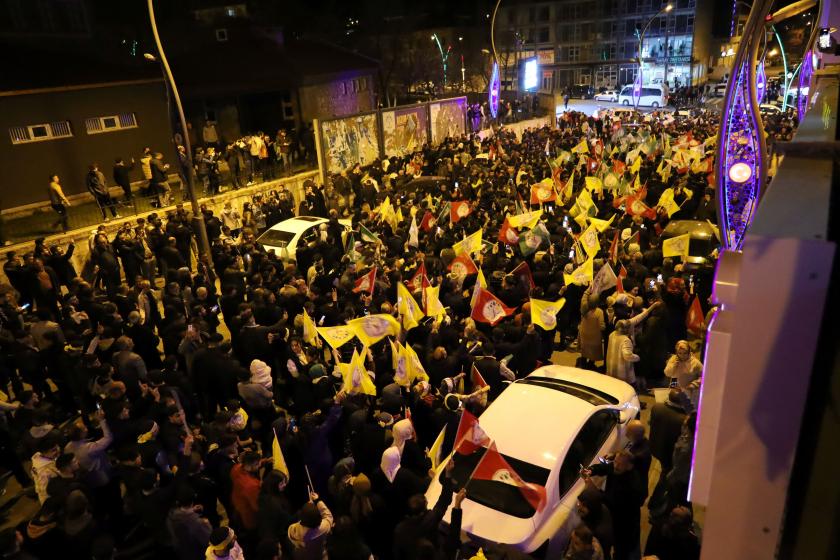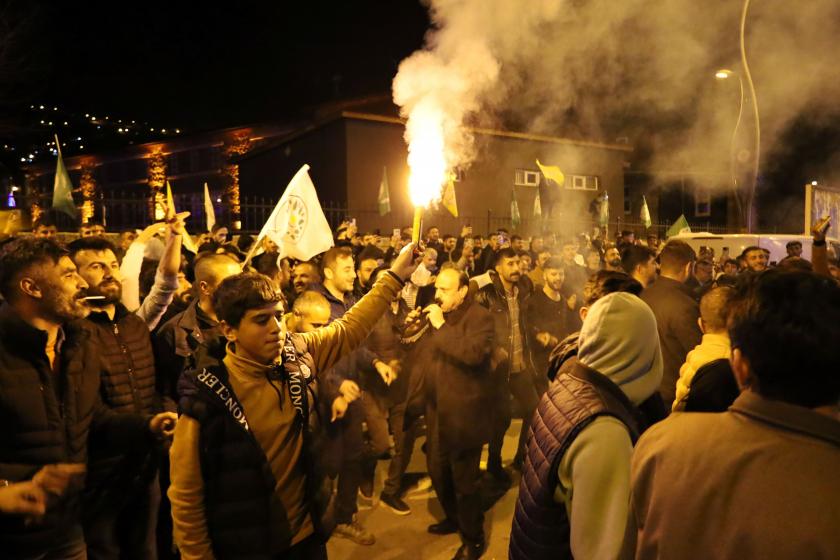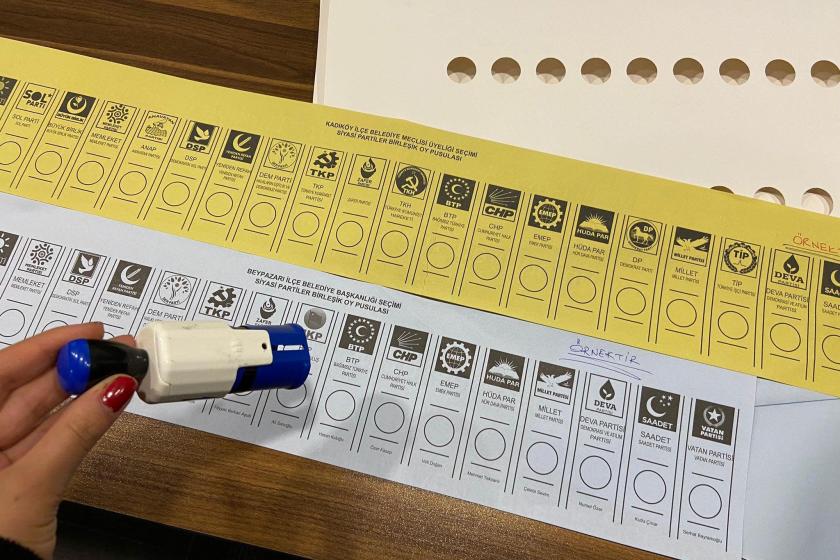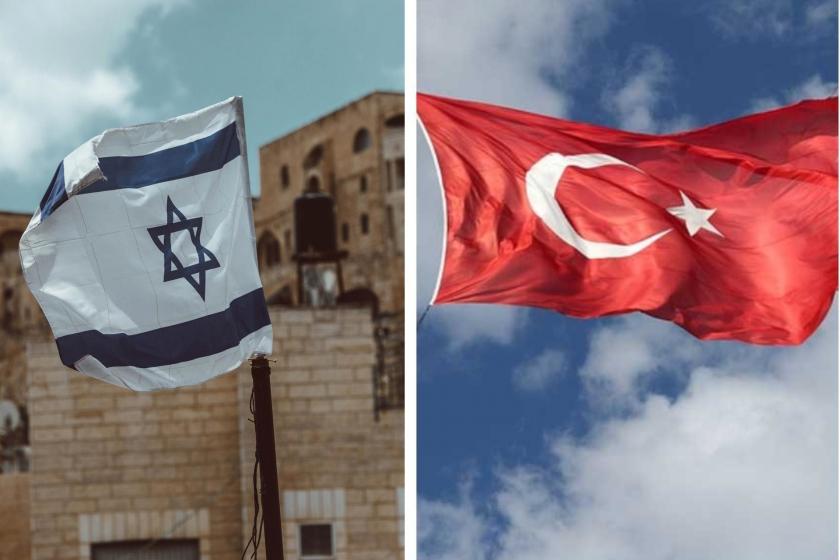The Lebanese have been in the street for about two weeks. They want solutions to the problems that have been gnawing away at the country for years, not least corruption. The number of protestors has seemingly declined significantly in the second week of the protests. However, it is a very significant pointer that over one and a half million people filled the streets in the country with a population of some seven million, including one and a half million Syrians and more than five hundred thousand Palestinians.
People are fed up with corruption, political instability, makeshift economic policies, unemployment, electricity cuts, water crises, the polemics that go nowhere near solving problems of politicians who act on the basis of personal/group agendas, being a volatile country that remains embroiled in every development in the region and many other problems.
For the past two weeks, the whole world has been following the protests that befit Lebanon’s young generation, which is multicoloured, has multiple identities and is open to the world and at least bilingual. Considering that the merest of demonstrations in the region turn into bloody clashes, this bears further testament to both the difference and world view of the demonstrators in Lebanon. Especially when you consider the progress of the demonstrations that started at about the same time in Lebanon and in Iraq.
However, the protests that make external observers wish all demonstrations in the region were like this have reached a critical threshold.
The streets filling with hundreds of thousands of Lebanese in the first few days of the protests terrified the government. Lebanese politicians and the government probably thought things would return to “normal” in a few days based on popular despair that nothing would change anyhow thanks to the sect-based system. This thinking cannot really be considered too wide of the mark. In the final analysis, the whole structure in Lebanon from the state to the military and from the government to hospital staff has been divided among sects/religions in accordance with the sect-based system.
The economy, untouched since the civil war that ended in 1990, has pretty much hit the rails. As a consequence, never mind the country developing and pulling itself together, even keeping the electricity going is a major cause of crisis. However, the government, parliament and ministries need to be set up in accordance with quotas dictated by the sect-based system. As things stand, both holding elections and forming governments turn into crisis-ridden processes that take months and sometimes several years. Thanks to these political crises, the problems that have become the people’s daily routine remain unaddressed. In fact, even the administrators, enemies of the old and political rivals of the new, coming together around a table, never mind drawing up joint development plans, has news value in Lebanon.
This also accounts for the constant inclusion since the civil war of same figures in government, parliament and state administration in Lebanon. Forget the appearance of movements that do not have a sectarian/religious agenda, the emergence of new faces capable of being an alternative to the politicians who have held the same office for decades has proved impossible.
Just as a superordinate identity of Lebaneseness has not developed in the country in which each religion and sect perceives itself to have supremacy, these groups that turn into power nexuses deem struggle against the problems that are taking the country to the brink such as corruption to be an attack against them. The trouble is that this attitude also has traction among the people.
Up until the most recent protests, the view that nothing changes anyhow had been widespread among the people given the failure for points that had turned into structural problems to be tackled in a Lebanon ruled by the same figures for decades.
The appearance in the streets in Lebanon of hundreds of thousands of people of all religions, from all age groups and of all economic levels has even astonished the Lebanese. I suspect the excited words of one of my friends who had been protesting for days in the Beirut streets, “I am nearly forty. Not even my mum has seen such a thing,” make the situation clear. When it comes down to it, courage and hope are infectious, like hopelessness and cowardice!
Faced with the resolve of the protestors, Prime Minister Saad Hariri first announced a package with such items as reducing parliamentarians’ salaries by half. However, this move did not suffice to win over the Lebanese who remained in the street in mutual solidarity. Finally, Hariri submitted his resignation to Lebanese President Michel Aoun the day before yesterday. To judge from the latest developments, Michel Aoun appears to have accepted Hariri’s resignation. The appointing by the President, who is one of the figures whose resignation was called for and who was elected following a twenty-seven-month crisis, of a new name to establish a transitional government is awaited. However, no official announcement has yet been made that can confirm this expectation.
Prime Minister Saad Hariri, politically supported by Saudi Arabia, announced his resignation in a statement he made from Riyadh in 2017. With a number of countries including France intervening, within a few days the affair become embroiled in intense diplomatic wrangling and President Aoun refused Hariri’s resignation.
Following Hariri’s proclaimed resignation the day before yesterday, France has once more made an announcement stressing the “unity of the nation.”
Many countries, including France, that are closely monitoring developments in Lebanon do not wish for the emergence of a fresh crisis of governance in Lebanon where the creation of a government turns to crisis thanks to the sect-based system and which in any case is one of the five most indebted countries in the world and is mired in economic crisis.
Within Lebanon, conversely, Hezbollah and its partner the Amal Movement are arguing for the same reasons that the government should not resign. Making a speech on the first days of the protests, Nasrallah adopted a soft tone towards the protestors. Sympathizers of the Amal Movement, targeted in corruption accusations, have attacked protestors from the outset. In fact, a group of Amal sympathizers who had set out on motorbikes to attack protestors in Beirut were prevented with the use of force by the Lebanese army. A side-note is called for of the Lebanese army’s announcement in which it is stated, “It is our duty to ensure protestors’ safety.”
On the other hand, there was a hardening of Hezbollah leader Nasrallah’s soft tone as the days wore past the first week and he started to argue that the goings-on were a foreign intervention, the populace had been incited and there was an effort to drag the country into political chaos.
The day before yesterday, he also joined Hezbollah sympathizers who were attacking protestors and they dispersed tents situated in a square in the centre of Beirut.
The talk is now about whether a new government will be formed following Hariri’s resignation, how many months this can be completed in and whether in this process the existing economic crisis will take a precipitous dive and totally demolish the country’s economy. Many vital items including medicine are known to have been unobtainable for months or to have gone up many times in price in the country in which almost everything from health to food is imported. Immediately after the civil war in the country in which petrol and fuel shortages have been felt in recent months, one hundred dollars settled at the rate of 150,000 Lebanese pounds. With the national economy unable to withstand a series of shocks about two months ago, this situation swept out of control and one hundred dollars went up to 170,000 – 180,000 Lebanese pounds. People began accumulating dollars on the market due to the atmosphere of semi-panic. And this made the shocks all the more devastating.
Schools, public bodies and banks are closed in the country due to the protests of around two weeks in duration. The private sector continues to function under these conditions but the uncertainty of developments and, even worse, certain possibilities entering the realm of probability is leaving the situation open to speculation and panic.
Even if Lebanon greeted with joy the statement in which the Prime Minister announced his resignation, the country is clearly on a dangerous threshold. There is a miniscule chance that another civil war will happen, but a further period of political-economic chaos may cause effects that are as destructive as war.
(Translated by Tim DRAYTON)



